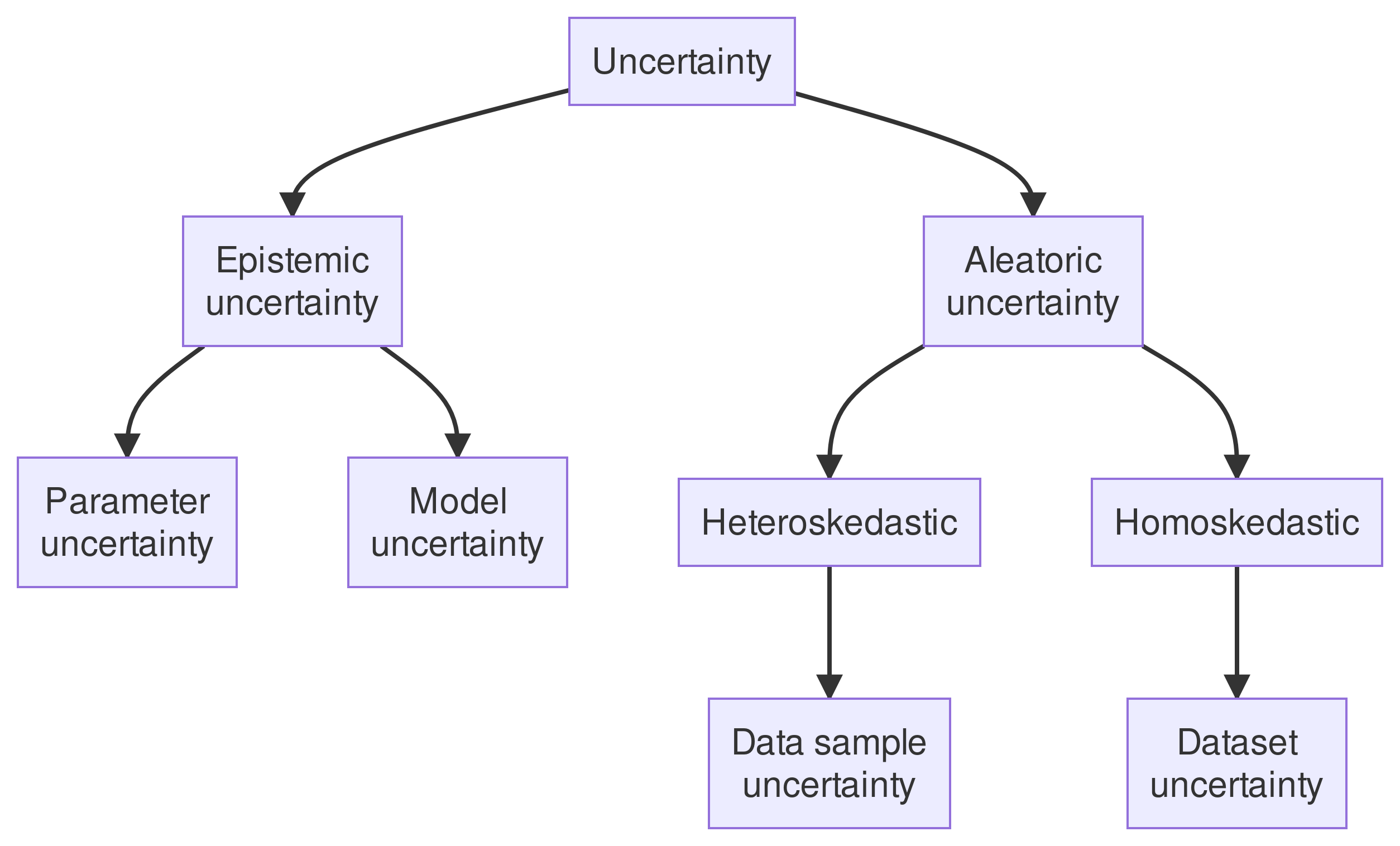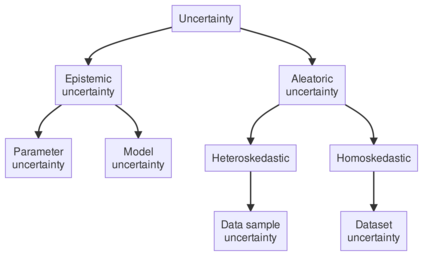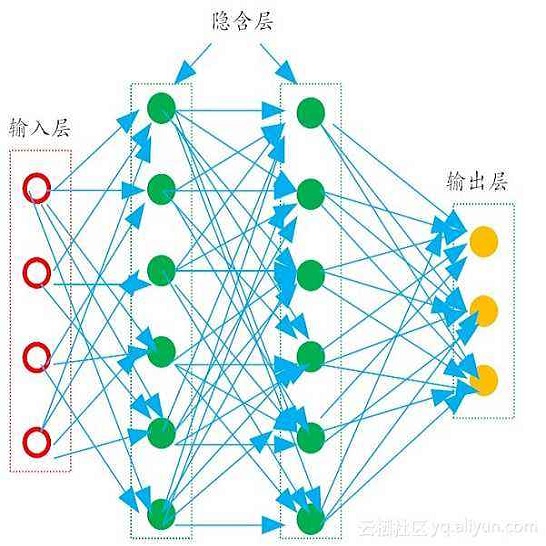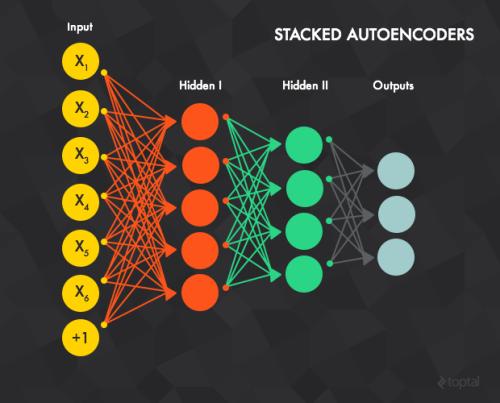Ever since the Multilayered Perceptron was first introduced the connectionist community has struggled with the concept of uncertainty and how this could be represented in these types of models. This past decade has seen a lot of effort in trying to join the principled approach of probabilistic modeling with the scalable nature of deep neural networks. While the theoretical benefits of this consolidation are clear, there are also several important practical aspects of these endeavors; namely to force the models we create to represent, learn, and report uncertainty in every prediction that is made. Many of these efforts have been based on extending existing frameworks with additional structures. We present Borch, a scalable deep universal probabilistic programming language, built on top of PyTorch. The code is available for download and use in our repository https://gitlab.com/desupervised/borch.
翻译:自从首次引入多层天体以来,联系主义者一直在努力研究不确定的概念和如何在这类模型中体现这种概念。在过去十年里,在试图加入概率性建模原则方法与深层神经网络可伸缩性相结合方面付出了很多努力。这种合并的理论好处显而易见,但也有一些重要的实际方面;即迫使我们创造的模式在所作的每一项预测中代表、学习和报告不确定性。其中许多努力都以扩大现有框架为基础,增加了结构。我们介绍了博奇,这是建立在皮托尔奇之上的、可伸缩的、具有深度普遍概率的编程语言。该代码可以在我们的文献库https://gitlab.com/deurovervised/borch中下载和使用。






